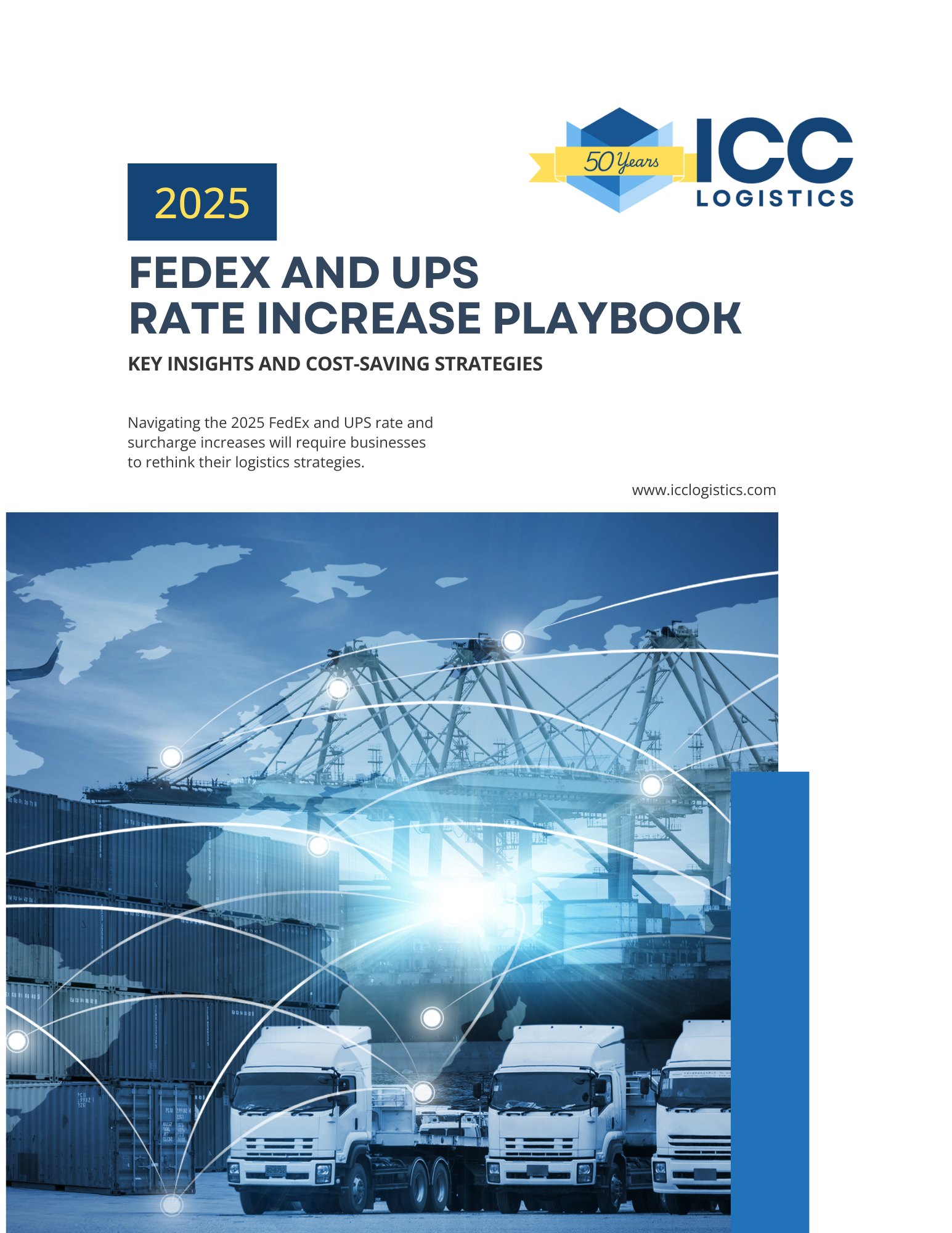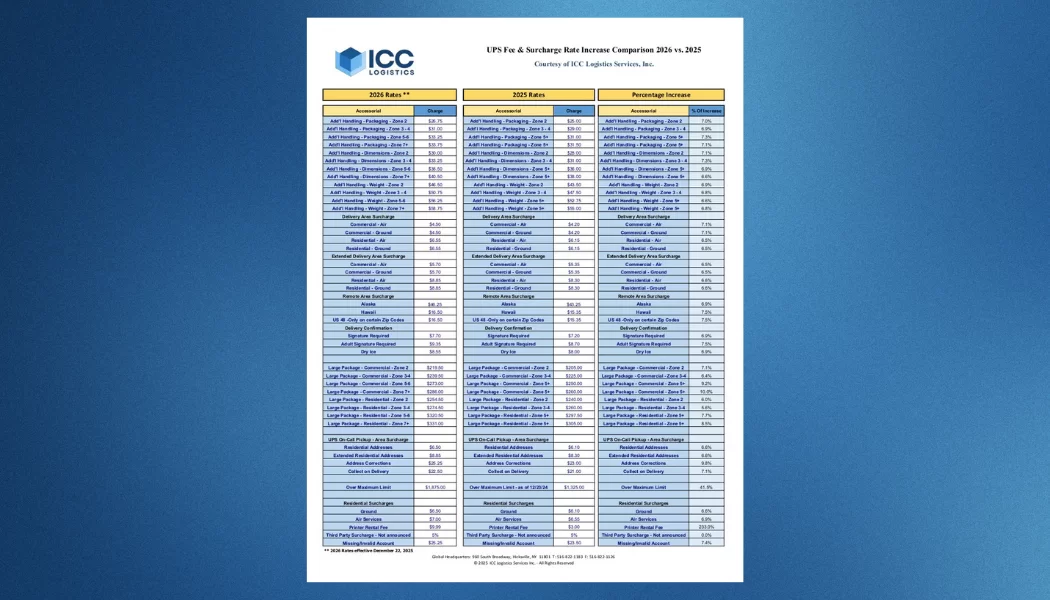Contract Negotiations
Cut Your Freight Costs by Up to 30% with ICC’s Expert Carrier Negotiations
Stop overpaying for shipping. With 50+ years of logistics expertise, ICC negotiates the best rates so you can maximize your bottom line.
Schedule a Free Consultation
Use the form below or call (516) 822-1183 to schedule a free consultation with an ICC Logistics expert.

Why Choose ICC for Carrier Rate Negotiations?
- Reduce Costs: Save up to 30% on shipping expenses with expertly negotiated contracts.
- Data-Driven Insights: Leverage proprietary analytics to get the best rates and avoid hidden fees.
- Expert Advocacy: Benefit from ICC’s insider knowledge of carrier pricing structures.
- Tailored Solutions: Custom contracts designed for your unique shipping needs.
How It Works
Learn How You Can Save

Learn How ICC Helped Reduce a Home Furnishings Distributor Freight Costs by 50%
Results At A Glance:
- Reduced costs of receiving/auditing/paying freight invoices by 50%
- Reduced freight costs as a percentage of sales
- Created a transportation “profit center”
The Situation
A home furnishings distributor switched their freight payment terms from “collect” to “prepaid,” creating challenges in managing thousands of freight bills monthly without increasing staff costs and ensuring they received the best service and competitive rates from carriers.
The Result
The client experienced significant cost savings, with dramatically improved freight bill processing quality and a substantial reduction in freight-related costs.
The ICC Solution
ICC took over the client’s freight bill receiving, auditing, and payment processing.
- Reduced processing costs by approximately half, compared to the added salary expenses.
- Negotiated Freight-All-Kinds rates with a select group of freight carriers, significantly lowering costs.
- Standardized the base rate structure across carriers to enable accurate, carrier-by-carrier cost savings measurement.
- Built multi-year transportation contracts that eliminated annual general rate increases after the first year.

Learn How ICC Helped a Biomedical Firm Save $4.5 Million Dollars on Their Five-Year Carrier Contract
Results At A Glance:
- Annual Invoice Audit recoveries in excess of $100,000
- Five-year Contract Savings in excess of $4.5 Million
The Situation
A biomedical firm paid for daily shipment alerts to manage late deliveries but overlooked the benefits of outsourcing parcel carrier audits and negotiating contracts without expert consulting.
The Result
Projected to add over $4.5 million in profits to the client’s bottom line over the next five years.
The ICC Solution
- Late delivery credits and invoicing errors fully documented.
- Full refunds credited to the client on a weekly basis.
- Conducted ICC’s Proprietary Benchmark and Target Pricing Analysis.
- Discovered the client had been significantly overpaying their package carrier for years.
- Optimized the client’s carrier contract for future savings.
Unlock Critical Insights to Start Saving Now!
Download our exclusive FedEx and UPS 2025 Rate Increase Playbook: Key Insights and Cost-Saving Strategies
Start Saving on Shipping Costs Today
Let ICC handle your carrier rate negotiations so you can focus on growing your business.
Get a FREE consultation by calling 516-822-1183 or complete the form below.




